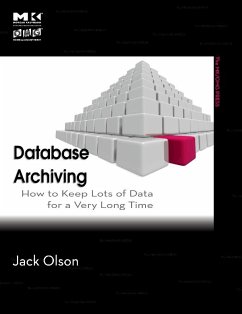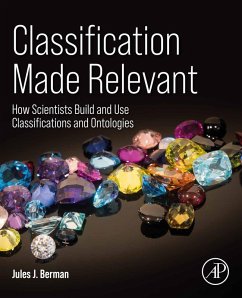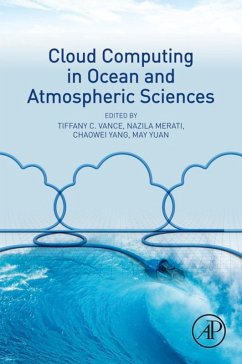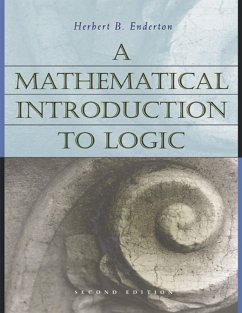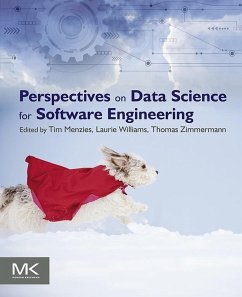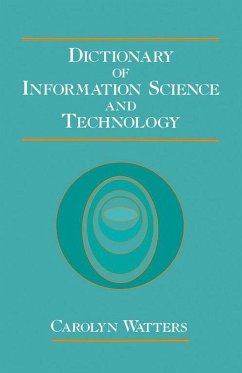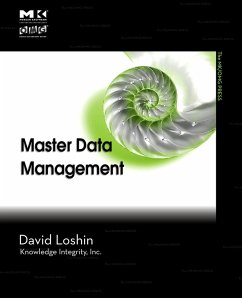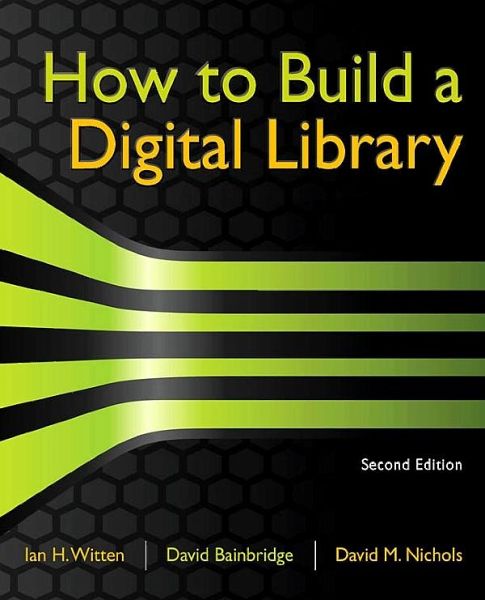
How to Build a Digital Library (eBook, ePUB)
Versandkostenfrei!
Sofort per Download lieferbar
46,95 €
inkl. MwSt.
Weitere Ausgaben:

PAYBACK Punkte
23 °P sammeln!
How to Build a Digital Library reviews knowledge and tools to construct and maintain a digital library, regardless of the size or purpose. A resource for individuals, agencies, and institutions wishing to put this powerful tool to work in their burgeoning information treasuries. The Second Edition reflects developments in the field as well as in the Greenstone Digital Library open source software. In Part I, the authors have added an entire new chapter on user groups, user support, collaborative browsing, user contributions, and so on. There is also new material on content-based queries, map-b...
How to Build a Digital Library reviews knowledge and tools to construct and maintain a digital library, regardless of the size or purpose. A resource for individuals, agencies, and institutions wishing to put this powerful tool to work in their burgeoning information treasuries. The Second Edition reflects developments in the field as well as in the Greenstone Digital Library open source software. In Part I, the authors have added an entire new chapter on user groups, user support, collaborative browsing, user contributions, and so on. There is also new material on content-based queries, map-based queries, cross-media queries. There is an increased emphasis placed on multimedia by adding a "digitizing" section to each major media type. A new chapter has also been added on "internationalization," which will address Unicode standards, multi-language interfaces and collections, and issues with non-European languages (Chinese, Hindi, etc.). Part II, the software tools section, has been completely rewritten to reflect the new developments in Greenstone Digital Library Software, an internationally popular open source software tool with a comprehensive graphical facility for creating and maintaining digital libraries. - Outlines the history of libraries on both traditional and digital - Written for both technical and non-technical audiences and covers the entire spectrum of media, including text, images, audio, video, and related XML standards - Web-enhanced with software documentation, color illustrations, full-text index, source code, and more
Dieser Download kann aus rechtlichen Gründen nur mit Rechnungsadresse in A, B, BG, CY, CZ, D, DK, EW, E, FIN, F, GR, HR, H, IRL, I, LT, L, LR, M, NL, PL, P, R, S, SLO, SK ausgeliefert werden.




